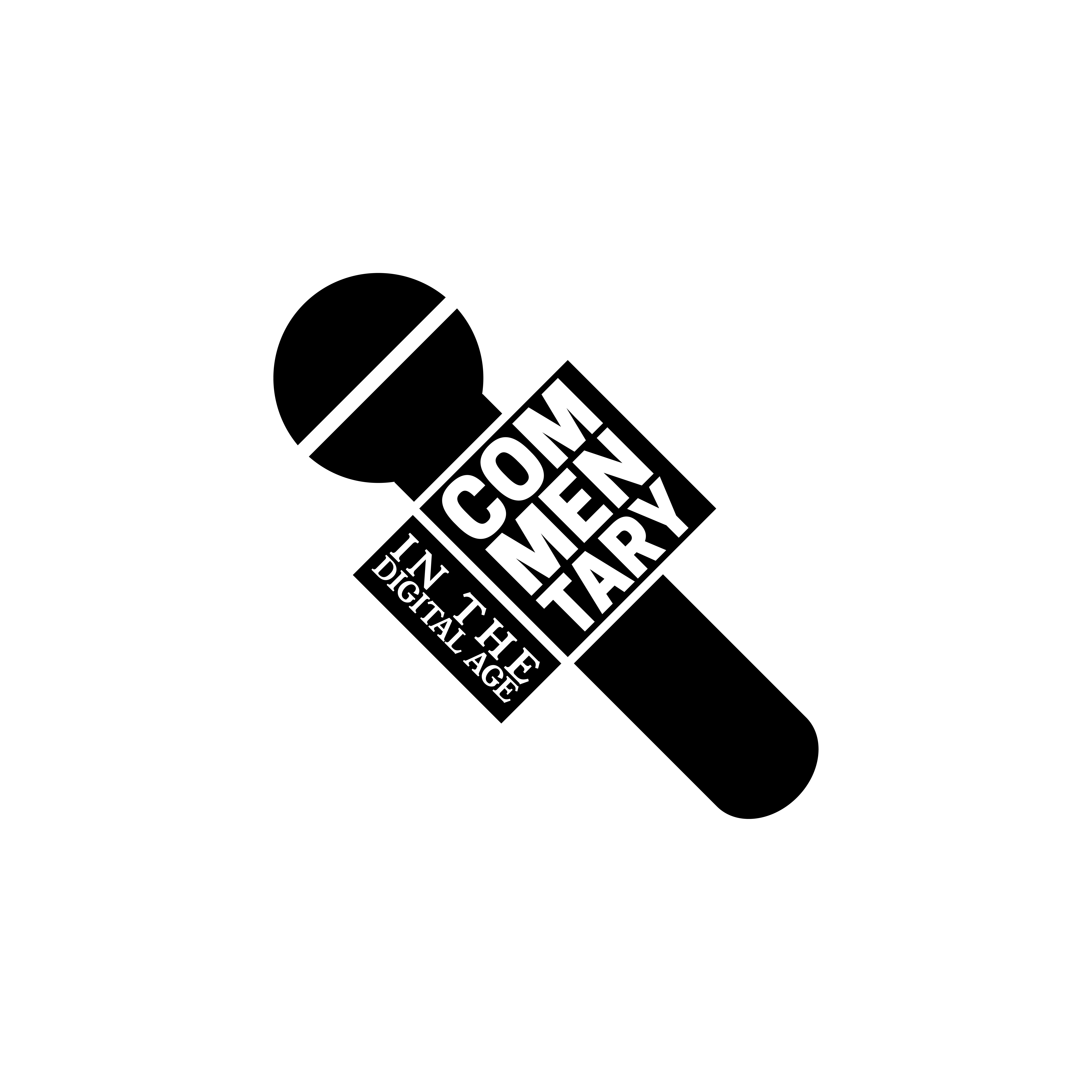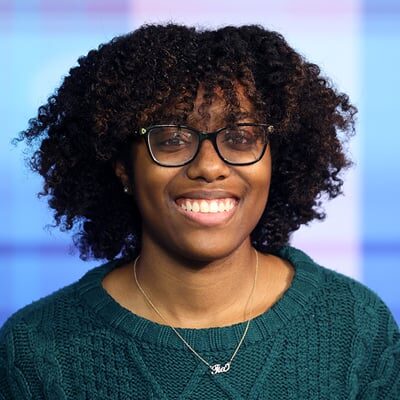More than 60 years ago, Martin Luther King Jr. stepped to a podium on the National Mall and declared his vision to more than a quarter of a million followers on hand. Framed alongside the Gettysburg Address and Roosevelt’s fear of fear itself in the revered annals of American oral history, King dictated the “I Have A Dream” speech, outlining his vision for a racially integrated and harmonious America, where all people would be judged by the content of their character rather than the color of their skin.
King’s ideas have long survived the man himself, but the African-American struggle for true equality in society today remains ongoing. King’s followers, young and old, black and white, have taken inspiration from his platform and branched out into their own aspirations for how society should be shaped. One person’s point of view in particular isn’t the path to color-blindness people interpret it as, but one to a celebrated and harmonious equality.
For Tia Reid, an African-American female journalism student at Arizona State University, her dream is in line with King’s, but fitting for her, with her unique spin.
“My dream is to be able to walk comfortably into every room, not hiding anything.”
In today’s world, plenty of people could take one look at Reid and think they know everything they need to. Physically, she could and now will not hide her skin color or the missing fingers on her right hand in alignment with her most crucial moral: self-authenticity.
“Something that I think is my strongest value is being authentic, being who you really are, and presenting yourself authentically every time you step out of your house or meet someone new. My goal at my core is to be who I am.”
Being Black is an integral part of Reid’s specification that anyone could see, but for a while, she had difficulties finding its true meaning. Reid bounced around in her upbringing from Texas to Michigan, making it difficult for a Gen Z adolescent to find out who they really are, as if it weren’t already hard enough. Enrolled mostly in private schools throughout her upbringing, Reid didn’t often find herself around other African Americans, which she noted as a drawback in “helping her find her blackness.”
Not only understanding her race, but her identity. Reid came out as gay in her junior year of high school. Two years later, outside of the confines of regional schools and instead in a new world at Arizona State, her accepting of her sexuality helped her find the way towards people like her. Through organizations such as clubs and sororities, Reid immersed herself into cultures of African-American majority, which not only helped her understand herself more, but opened her eyes to the kind of people she had been yearning to be exposed to.
As African-Americans still face challenges to find the equality they seek in deserve socially and economically in America today, Reid believes one part of it all is being misinterpreted.
In his Presidential inauguration speech this past Monday, Donald Trump made clear to establish a color-blind society of social equality and economic opportunity based on merit as opposed to the DEI system that has become mainstream As a byproduct of such intentions, the principle of DEI (diversity, equity, inclusion) in everyday life would vanish, and possibly with it, the vast cultural and intellectual achievements of minority groups across the country. Losing this to the pages of history, would not be how racism and discrimination is truly defeated in this country.
“People are so interesting and different,” Reid exclaimed. “Identities make up the person you are.”
Reid’s recognition and celebration of her identity stems from the tree that Dr. King planted on August 28, 1963. He envisioned a world where we’d all have the same opportunities regardless of what we look like, and while Reid recognizes the progress made in society since then, for her, there’s still ways to go. How people like her can continue the fight comes in the acknowledgement and acceptance of our differences, creating the harmonious society King desired.
“We don’t want people to not see race,” Reid explained. “We want them to see and acknowledge it, and act based off of that.”


